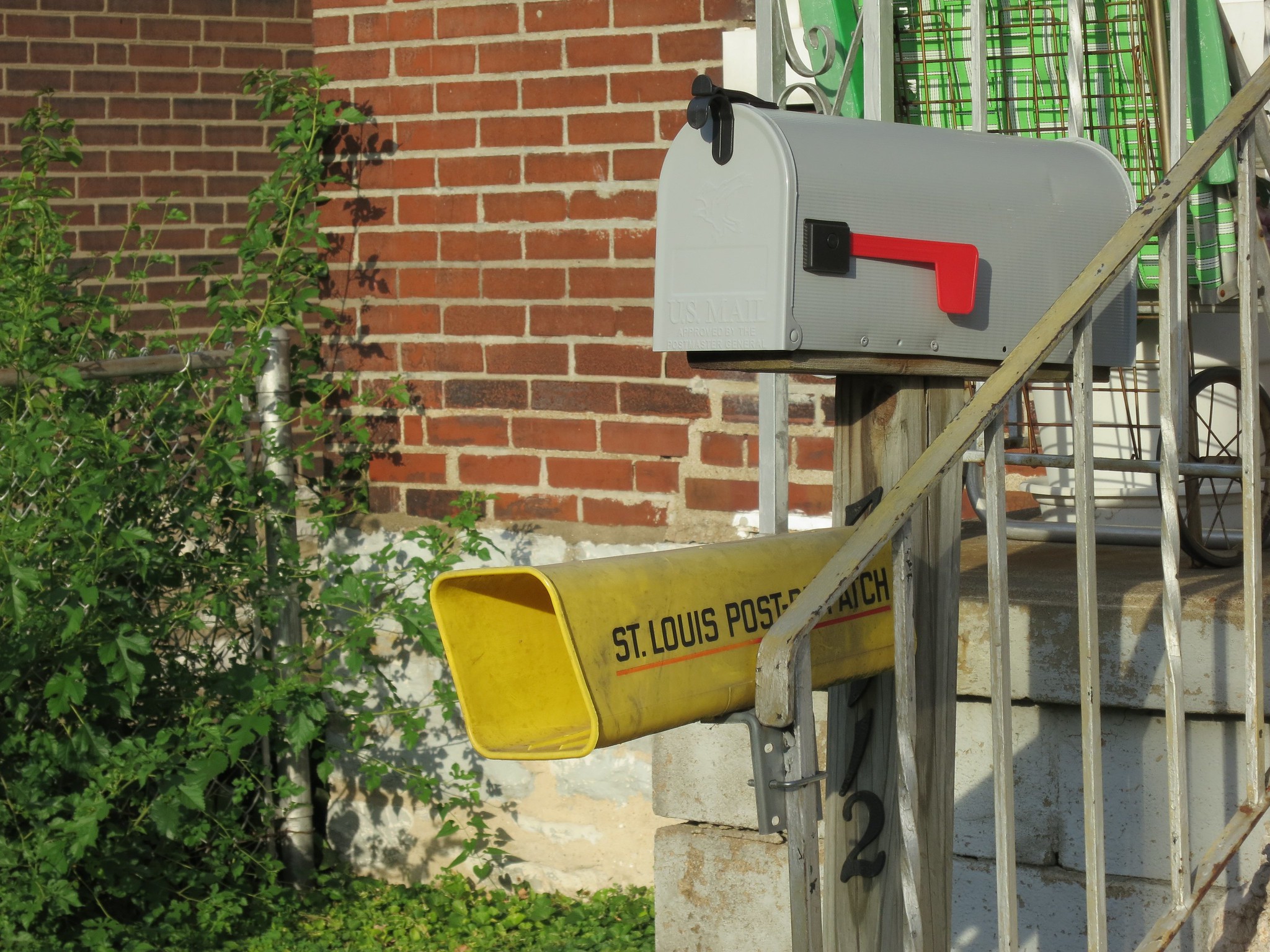Chicago to allocate 50% of advertising budget to local, community media publications
The city of Chicago will direct half of its advertising dollars to smaller local news outlets in the new year through a measure long sought by independent media outlets.
Chicago spent $3.5 million on media ads from 2015 to 2020, with just over $660,000 going toward placement in community outlets.
This fall, Chicago Mayor Lori Lightfoot signed an executive order that directs at least half of the city’s advertising dollars to community media outlets.
Tracy Baim, a Chicago-based journalist and publisher for the Chicago Reader, has been pushing for the initiative for years through the Chicago Independent Media Alliance.
“Hopefully, what this does is provide more resources for journalism, so there’s more journalism, there’s better informed journalism or editing … there’s a more vibrant ecosystem here for community media,” Baim said. “Community media struggles on many, many levels and this is just one, maybe one thing that can help community media.”
Baim said non-English media outlets and those that serve marginalized communities will benefit the most.
“Many of these agencies need these authentic community-based voices, to reach people who speak a different language, or to reach the African-American community and health disparity issues,” Baim said.
The executive order – which was signed by Lightfoot in mid-October – will be in effect for the city’s 2023 fiscal year.
More than 400,000 Chicago residents do not speak English as their primary language, and 153 languages are spoken in households citywide.
Prior to the order, the city did run some advertisements with non-English publications but advocates expect that advertising support to grow.
Jhmira Alexander is the president and executive director of Public Narrative, a Chicago-based nonprofit which works closely supporting city publications and increasing media literacy. Public Narrative acts as both a fiscal agency for outlets and a project partner.
Throughout this process, Public Narrative played a “behind the scenes role” in getting the initiative adopted.
“I go to different journalism-related conferences, engaging with different folks, and Chicago is a shining example of what journalism can be,” Alexander said. “Now it’s not perfect, but as I understand it, it’s not what it was.”
Alexander added that this initiative will help further Chicago’s strong journalism hub and will assist many of the city’s hyper-local outlets.
Maple Walker Lloyd, director of Development and Community Engagement at Block Club Chicago, said she was “so excited” about the potential impact for smaller media outlets to grow their advertising revenue base. She described her jab at Block Club as “all-things fundraising.”
Lloyd said this news is especially important for independent media organizations with varying target audiences.
“We have all of these independent media outlets in our ecosystem and they have different target audiences,” Lloyd said. “So, the city diversifying their advertising dollars, it allows them to reach more people, especially folks who need access to city programs, and then it benefits all of our outlets too.”
Lloyd said Block Club has previously run advertisements from the city’s Business Affairs and Consumer Protection department and the Cultural Affairs and Events department. The outlets recently reached out about additional new advertising opportunities, but the publication does not have anything lined up yet.
“Increased [advertising] funding can help independent media outlets expand their coverage, it keeps their staff and journalists working, and in some cases, hires more staff,” Lloyd said. “And this is important more than ever, because we need journalists out there telling stories that matter the most to the communities that they serve.”
Chicago’s executive order was closely modeled after New York City’s, which has now been passed into a permanent law.
Baim added that the next step will be to seek out city aldermen to make the mayoral executive order permanent.
“We don’t want to ever stop at one solution because definitely, in this case, one solution will not help everybody,” Baim said. “We will continue to look for other types of revenue that help different members at different times.”
Olivia Cohen is a Chicago-based journalist who is currently earning her bachelor’s degree in journalism at Columbia College Chicago. Cohen’s work includes published reporting in the Milwaukee Journal Sentinel, the Chicago Sun-Times and the SPJ News. She currently is the editor-in-chief for her college’s newspaper, the Columbia Chronicle.


